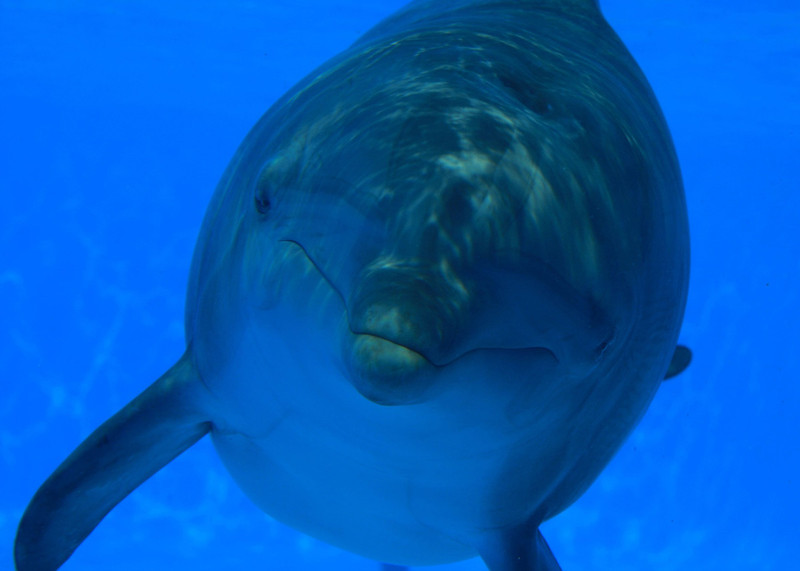" There is no fundamental difference between man and the higher mammals in their mental faculty (…) the difference in mind between man and the higher animals, great as it is, certainly is one of degree and not of kind," declared Charles Darwin, way ahead of his time. We would have to wait until the 21st century for scientists to prove this great man right with the latest studies on 'sentience'.
Sentience, indicator of animal sensitivity
If the exact definition of 'sentience' and knowing whether it is present in every animal always provokes debate, today everyone recognises that animals are sensitive beings, to more or less of a degree. In other words, an animal experiences positive or negative feelings (sensations, perceptions and emotions), from pain and fear to pleasure and joy. Scientific studies have shown that certain animals have high level mental capacities that until now we thought were reserved to humans, like being self-aware, capable of solving new problems, being able to visualise and to understand what other animals know or are capable of. All of these abilities apply whether the animal is wild, a farm animal or a pet.
Scientific certification of high level mental capacities
For some decades now, a number of examples derived from a large quantity of scientific studies confirm this knowledge. Baboons and pigeons assimilate abstract concepts such as similarity and difference. Some animals use techniques to trick their entourage, like pigs who deliberately use techniques to stop a fellow pig from stealing their food. Sheep, for example, are capable of remembering other sheep or humans for at least two years. A sheep also reacts emotionally to a face: he prefers a friendly sheep or human to an angry sheep or human. Chickens understand that a hidden object continues to exist, something that young infants do not yet understand. Great apes and the common bottlenose dolphin show that they are conscious of themselves and recognise themselves when they look in a mirror…
The animal has an "internal world"
Whilst we are celebrating the 200th birthday of the father of evolutionary biology, science has taken a step forward in confirming that the human being is not the only "animal" capable of long term planning. A scientific study published in March 2009, for example, shows that a 31 year old male chimpanzee, kept at Furuvik zoo in Sweden, plans his future. In the morning, before the zoo opens, the chimpanzee, Santino, collects and makes piles of stones. Later, in the morning, he throws the stones he has prepared in advance at visitors. He stores these munitions on the island slope nearest the spectators, but he doesn't collect munitions during the closed period of the zoo in winter. For Mathias Osvath, specialist in cognitive science at the University of Lund in Sweden and author of the study, "these observations show in a convincing way that our brothers the big apes genuinely envisage the future in a very complex way (…) I'm personally convinced that they do have this autonoetic consciousness like us where we relive past experiences or when we think about the days to come"
Rethink the relationship between man and animal
Since 1997, the European Union has recognised animals as "sentient beings". Member states are required to "pay full regard to the welfare requirements of animals". Yet the discoveries made these last few years regarding sentience genuinely pose another essential question: that of the relationship of man with animals. Effectively, if animals are conscious of what they feel, if they know who they are, with whom they are, how can man continue to treat them as an object, use them as a toy or a whipping boy, exploit them, imprison them, torture them and mistreat them? When science repeatedly discovers new information about the ability of an animal to feel, experience, think… it is time that man rethinks how he could be useful to animals instead of how animals could serve him. This is what One Voice is working towards through its campaigns and its invitation to public debate on this subject.
















Comments 2
Scarlet MILA | Wednesday 17 April 2019
lo bil | Wednesday 27 January 2016